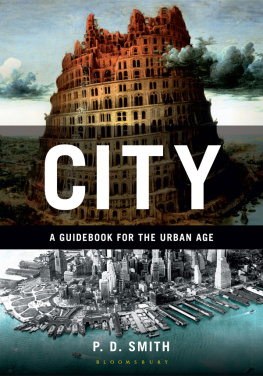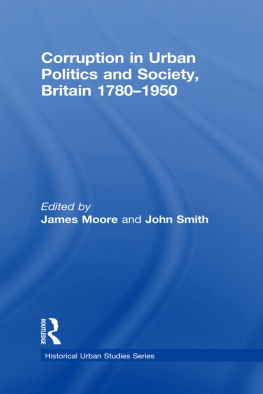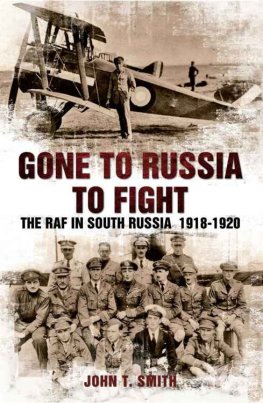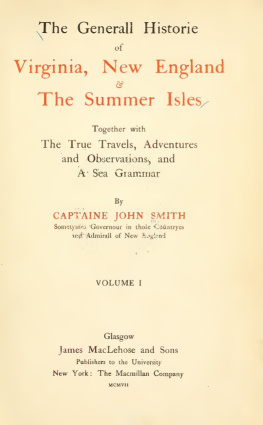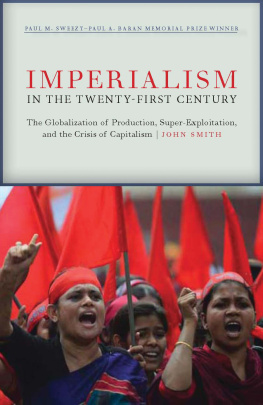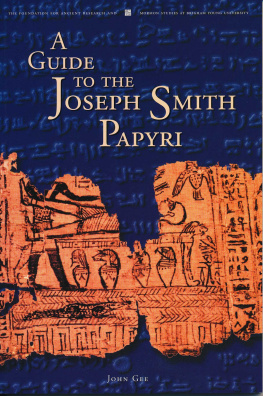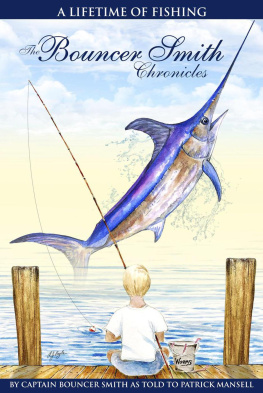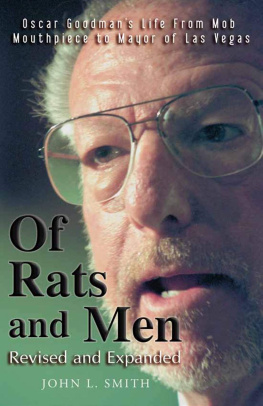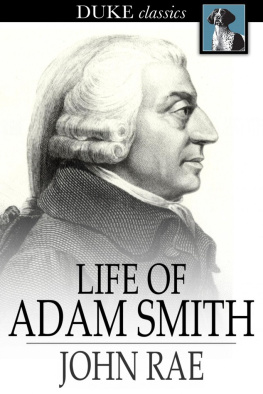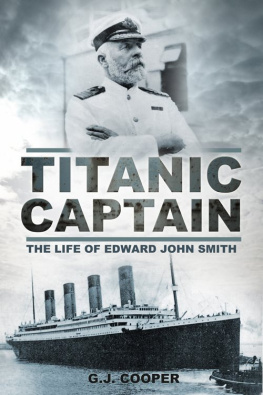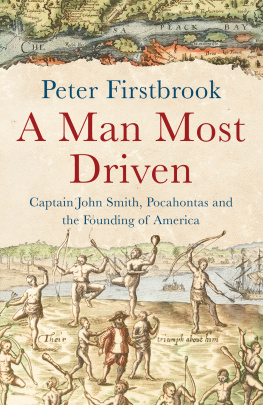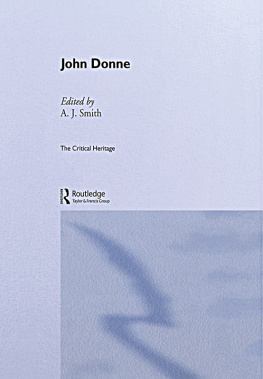To the Right Honourable
WILLIAM Earl of PEMBROKE,
Lord Steward of His Majesty's most Honourable Houshold.
ROBERT Earl of LINDSEY,
Great Chamberlain of England,
HENRY Lord HUNSDON,
Viscount ROCHFORD, Earl of DOVER,
And all your Honourable Friends and Well-willers.
My Lords,
Sir Robert Cotton, that most Learned Treasurer of Antiquity, having by perusal of my General History, and others, found that I had likewise undergone divers other as hard hazards in the other Parts of the World, requested me to fix the whole Course of my Passages in a Book by it self, whose noble Desire I could not but in part satisfie; the rather, because they have acted my fatal Tragedies upon the Stage, and racked my Relations at their Pleasure. To prevent therefore all future Misprisions, I have compiled this true Discourse. Envy hath taxed me to have writ too much, and done too little; but that such should know, how little I esteem them, I have writ this, more for the satisfaction of my Friends, and all generous and well disposed Readers. To speak only of my self were intolerable Ingratitude; because, having had so many Co-Partners with me; I cannot make a Monument for my self, and leave them unburied in the Fields, whose Lives begot me the Title of a Soldier; for as they were Companions with me in my Dangers, so shall they be partakers with me in this Tomb.
For my Sea Grammar (caused to be Printed by my worthy Friend, Sir Samuel Saltenstall) hath found such good Entertainment abroad, that I have been importuned by many noble Persons, to let this also pass the Press. Many of the most eminent Warriours, and others, what their Swords did, their Pens writ: Though I be never so much their inferiour, yet I hold it no great Errour, to follow good Examples; nor repine at them will do the like.
And now, My most Honourable good Lords, I know not to whom I may better Present it, than to your Lordships, whose Friendships, as I conceive, are as much to each others, as my Duty is to you all; and because you are acquainted both with my Endeavours, and Writings, I doubt not, but your Honours will as well accept of this, as of the rest, and Patronize it under the shadow of your most noble Virtues, which I am ever bound in all Duty to Reverence, and under which I hope to have shelter, against all Storms that dare threaten,
Yours Honours to be Commanded, John Smith.
THE TRUE
TRAVELS,
ADVENTURES,
AND
OBSERVATIONS
OF
Captain JOHN SMITH,
CHAP. I.
His Birth; Apprenticeship; Going into France; His beginning with Ten Shillings and three Pence; His Service in the Netherlands; His bad Passage into Scotland; His return to Willoughby, and how he lived in the Woods.
He was born in Willoughby in Lincoln-shire, and a Scholar in the two Free-Schools of Alford and Louth. His Father antiently descended from the ancient Smiths of Crudley in Lancashire; his Mother from the Rickards at Great Heck, in York-shire. His Parents dying when he was about Thirteen Years of Age, left him a competent Means, which he not being capable to manage, little regarded; his Mind being even then set upon brave Adventures, sold his Satchel, Books, and all he had, intending secretly to get to Sea, but that his Fathers Death stay'd him. But now the Guardians of his Estate more regarding it than him, he had liberty enough, though no Means, to get beyond the Sea. About the Age of Fifteen Years, he was bound an Apprentice to Mr. Thomas Sendalt of Linne, the greatest Merchant of all those Parts; but because he would not presently send him to Sea, he never saw his Master in Eight Years after. At last he found Means to attend Mr. Peregrine Berty into France, second Son to the Right Honourable Peregrine, that generous Lord Willoughby, and famous Soldier; where coming to his Brother Robert, then at Orleans, now Earl of Lindsey, and Lord Great Chamberlain of England; being then but little Youths under Tutorage: His Service being needless, within a Month or six Weeks they sent him back again to his Friends; who when he came from London, they liberally gave him (but out of his own Estate) Ten Shillings to be rid of him; such oft is the share of Fatherless Children: But those two Honourable Brethren gave him sufficient to return for England. But it was the least thought of his Determination, for now being freely at liberty in Paris, growing acquainted with one Mr. David Hume, who making some use of his Purse, gave him Letters to his Friends in Scotland to prefer him to King James. Arriving at Roan, he better bethinks himself, seeing his Money near spent, down the River he went to Haver de grace, where he first began to learn the Life of a Soldier: Peace being concluded in France, he went with Captain Joseph Duxbury into the Low-Countries, under whose Colours, having served three or four Years, he took his Journey for Scotland, to deliver his Letters. At Ancusan he imbark'd himself for Lethe, but as much danger, as Shipwreck and Sickness could endure, he had at the Holy Isle in Northumberland near Berwick, ( being recovered ) into Scotland he went to deliver his Letters. After much kind usage among those honest Scots at Ripweth and Broxmoth, but neither Money nor Means to make him a Courtier, he returned to Willoughby in Lincoln-shire; where within a short time, being glutted with too much Company, wherein he took small delight, he retired himself into a little Woody Pasture, a good way from any Town, invironed with many hundred Acres of other Woods: Here, by a fair Brook he built a Pavillion of Boughs, where only in his Cloths he lay. His Study was Machiavil's Art of War, and Marcus Aurelius; his exercise a good Horse, with his Lance and Ring; his Food was thought to be more of Venison than any thing else; what he wanted his Man brought him. The Country wondering at such an Hermite, his Friends perswaded one Seignior Theodora Polaloga, Rider to Henry Earl of Lincoln, an excellent Horse Man, and a Noble Italian Gentleman, to insinuate into his Woodish Acquaintance, whose Languages and good Discourse, and Exercise of Riding drew him to stay with him at Tattersall. Long these Pleasures could not content him, but he returned again to the Low Countries.
CHAP. II.
The notable Villany of four French Gallants, and his revenge; Smith
thrown over-board; Captain La Roche of Saint Malo relieves him.
Thus when France and Netherlands had taught him to Ride a Horse, and use his Arms, with such Rudiments of War, as his tender Years in those Martial Schools could attain unto; he was desirous to see more of the World, and try his Fortune against the


